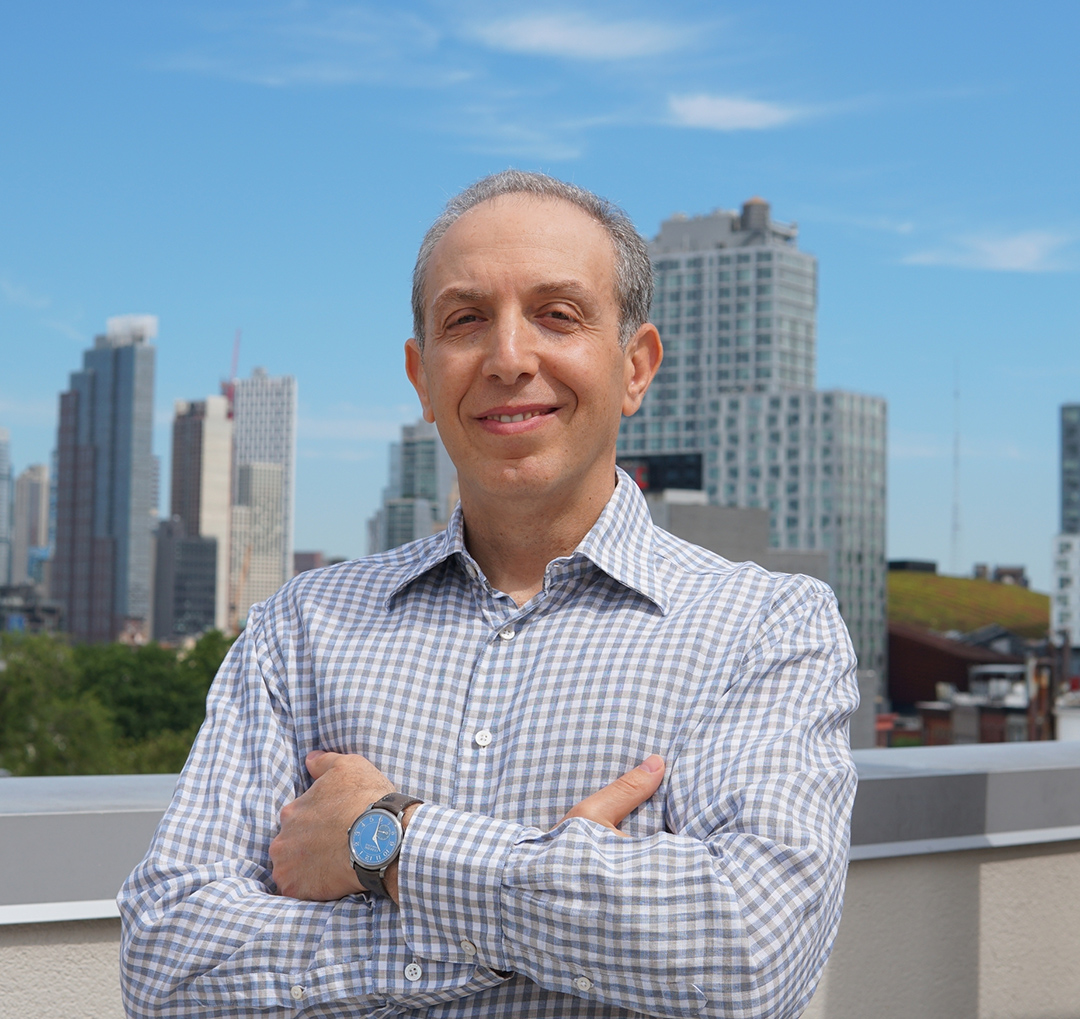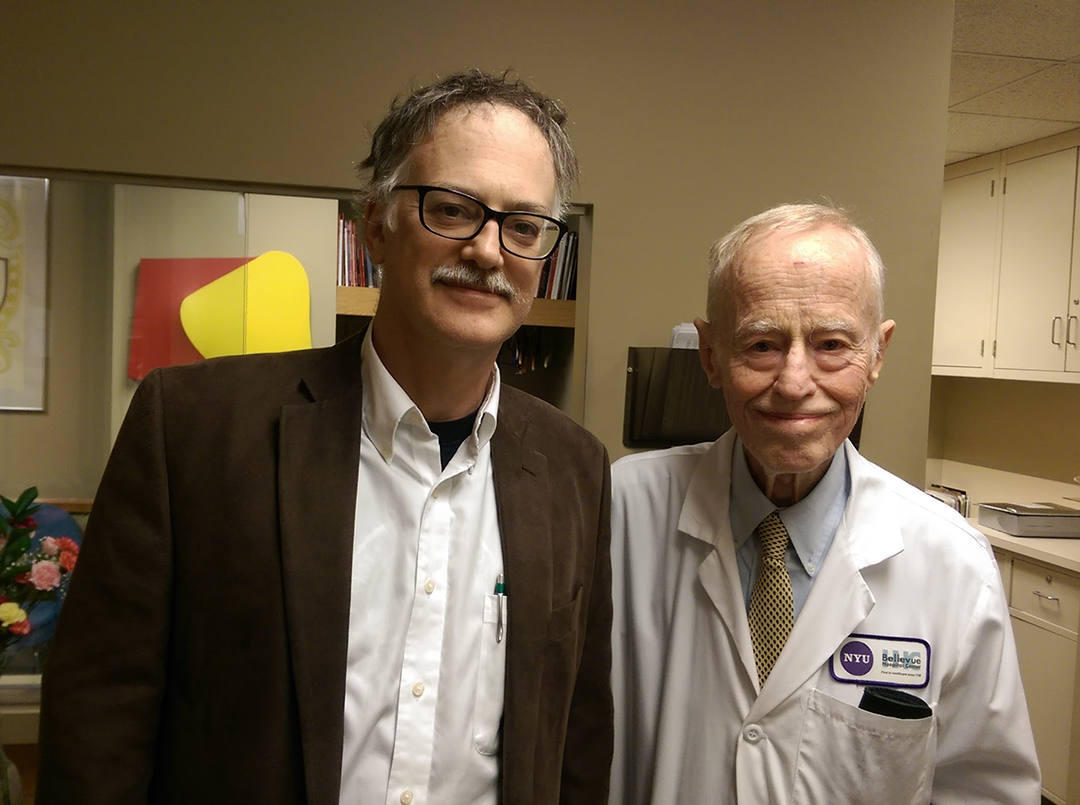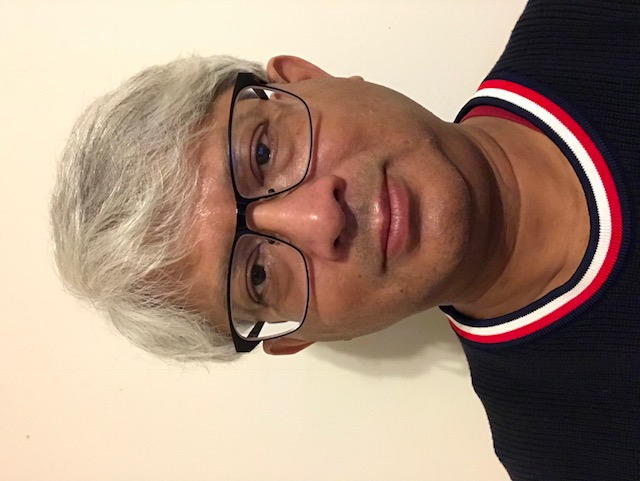Finance and Risk Engineering adds new instructors to their portfolio
A new academic year means talented, new additions to FRE.
The Department of Finance and Risk Engineering (FRE) is welcoming a group of new instructors who bring with them incredible industry experience, real-world insights, technological savvy, and even a few surprising talents.
Serge Feldman
 Serge Feldman has never been the type of person to maintain the status quo. He is constantly reading, learning, and exploring new topics.
Serge Feldman has never been the type of person to maintain the status quo. He is constantly reading, learning, and exploring new topics.
That’s why as a senior hands-on software development leader working at various financial institutions, he was inspired one day to pick up the book My Life as a Quant: Reflections on Physics and Finance, by Emanuel Derman. A wry memoir whose epigraph reads “Ambition is a state of permanent dissatisfaction with the present,” it caught Feldman’s imagination. Strictly speaking, he was far from dissatisfied with his work, but he imagined himself expanding his horizons as Derman had done.
An avid researcher, Feldman investigated all of the financial engineering graduate programs in the city and quickly decided upon NYU Tandon. “It was the only one taught predominately by practitioners, and I wanted to get that kind of practical, real-world instruction,” he explains.
Now, Feldman — who worked full time while earning his M.S. (not to mention helping take care of his newborn) — will be one of those practitioners helping Tandon’s FRE students get real, hands-on experience. He’ll be teaching a lab course on financial software engineering and envisions his students building a working program by the end of the semester, making them attractive candidates for employers looking for candidates with proven, solid skills.
Feldman is happy to be back at Tandon’s Department of Finance and Risk Engineering, but the truth is he had never strayed far, geographically or otherwise. After graduating in 2011 he began working for J.P. Morgan in New York City, and he now serves as a Global Head of Development for Risk Reporting Technology, where he has been managing a global cross-functional team to develop and support a multi-asset Market Risk Management platform. Throughout, he returned to campus whenever he could to hear the high-profile speakers in the department’s regular lecture series. “I appreciated the chance to hear different ideas and opinions,” he says, “and the level of speakers was so high, it was an honor to be in the same room with some of them.”
It was after one of those lectures that Feldman began discussing with Department Chair Peter Carr how he could contribute to FRE’s efforts, and that quickly led to an offer to teach, especially because Feldman’s work has been focused for many years on the combination of quantitative analysis and data science best practices. “My course will give students a good idea of what the workday is like as a financial software programmer and all the basic tools to decide if they want to pursue the possibility further,” he says. “I’ve hired a few Tandon students to be part of my team in the past and been very impressed with both their technological and business-related ability. I’m looking forward to teaching talented students of that same caliber.”
Michael Lipkin
 Michael Lipkin holds degrees in mathematics and chemistry, and his post-doctoral work concerned the physics of micro-emulsions, Ising models, and the theory of liquids. None of those studies, however, have been as valuable to him as a finance professional as his skill at the game of bridge. “Think of what happens on a trading floor,” he explains. “You’ve got to make quick decisions because time is your enemy. Do you bid? Do you trade? And you have to consider all that without getting overwhelmed or letting your emotions get the better of you.”
Michael Lipkin holds degrees in mathematics and chemistry, and his post-doctoral work concerned the physics of micro-emulsions, Ising models, and the theory of liquids. None of those studies, however, have been as valuable to him as a finance professional as his skill at the game of bridge. “Think of what happens on a trading floor,” he explains. “You’ve got to make quick decisions because time is your enemy. Do you bid? Do you trade? And you have to consider all that without getting overwhelmed or letting your emotions get the better of you.”
Lipkin (left, pictured next to his father, George, who recently retired from NYU Langone) says that the best traders he has ever known have been good bridge players, and the profession has its share of high-level chess players, backgammon experts, and Scrabble champions as well. “But show me someone who gets too flustered to make a move or who simply doesn’t enjoy the strategy that goes into gaming, and I’ll show you someone who will probably not be a successful trader.”
Lipkin’s area of expertise — and the topic of his course — is the field of event-driven finance. It involves the pricing of securities attendant to take-overs, drug and earnings announcements, a change of interest rates by the Fed, and even such unexpected occurrences as the sudden death of a company’s CEO.
He’s equally comfortable trading, analyzing risk portfolios involving options, and working on derivatives strategies, but at one time, he envisioned remaining happily ensconced in academia. After having earned his Ph.D. at the University of Chicago in 1984, he conducted his post-doctoral research at Cornell and then parlayed that into a post as a physics instructor. “It didn’t involve research, but it was a lot of fun, and Ithaca was beautiful,” he recalls. “But then the Reagan administration cut funding for science, and as a result there was no longer a job for me.” It was then Lipkin realized that his time at the bridge table was pointing the way to a different — but equally fun — career.
Now, he has the best of multiple worlds: he works as a professional bridge teacher and player (albeit not one of the top in the country, he admits); does research on topics of interest to him (he has published several scholarly papers with Marco Avellaneda, a mathematician from Courant); and is regularly back in the classroom, teaching a course he co-developed, just as he envisioned years ago.
You might even say he’s been dealt a great hand.
Sateesh Mane
 The first piece of knowledge that a student might glean in Sateesh Mane’s financial software lab course is not to jump to conclusions. For one thing, his name is not pronounced as one syllable, with a long “a” sound, as you might expect. It is, instead, pronounced mah-NAY, as though there were an accent mark over the “e.” Furthermore, even if you recognized the correct pronunciation — common in Indian names — and thus assumed he hailed from India, you’d still be incorrect. Mane was actually born in Malaysia (albeit to Indian parents who had immigrated there during British rule).
The first piece of knowledge that a student might glean in Sateesh Mane’s financial software lab course is not to jump to conclusions. For one thing, his name is not pronounced as one syllable, with a long “a” sound, as you might expect. It is, instead, pronounced mah-NAY, as though there were an accent mark over the “e.” Furthermore, even if you recognized the correct pronunciation — common in Indian names — and thus assumed he hailed from India, you’d still be incorrect. Mane was actually born in Malaysia (albeit to Indian parents who had immigrated there during British rule).
Mane arrived in the U.S. in 1981, after earning an undergraduate degree in physics from Cambridge University, and in 1987 he earned his doctoral degree in the same discipline from Cornell. His time there overlapped with that of Department Chair Peter Carr, who was teaching finance courses, but their paths did not cross at that point because Mane had little interest in that topic. He was set upon forging a career in academia, picturing himself conducting research and teaching physics somewhere. To that end, he embarked on post-doctoral studies at the Fermi National Accelerator Lab and Brookhaven National Lab, the latter located on Long Island, which he remembered flying over as his plane began its descent when he first arrived in New York.
By the late 1980s and early 1990s, however, increasing numbers of mathematicians and physicists were flocking to Wall Street and other world financial capitals, finding themselves in demand in that sector. Mane realized he could parlay his skills in a fintech job, provided he pivot his mindset: this was an industry interested not in theoretical research but in real-world applications.
Students will thus leave his class with that ability to tackle practical, real-world problems. “If I give them an assignment or project, it will be drawn from my own experience in the industry,” he explains. “I don’t want them to merely do exercises from a textbook.”
Mane — who has designed and created proprietary financial software libraries for firms ranging from small start-ups to multinationals like Morgan Stanley (where he did actually get to know Carr) — also wants to imbue his students with the confidence to leverage their own talents in a variety of settings. “In my case I was doing computational physics,” he says, “and I put those skills to work in the financial world. If you know a technique, you can apply it anywhere.”




